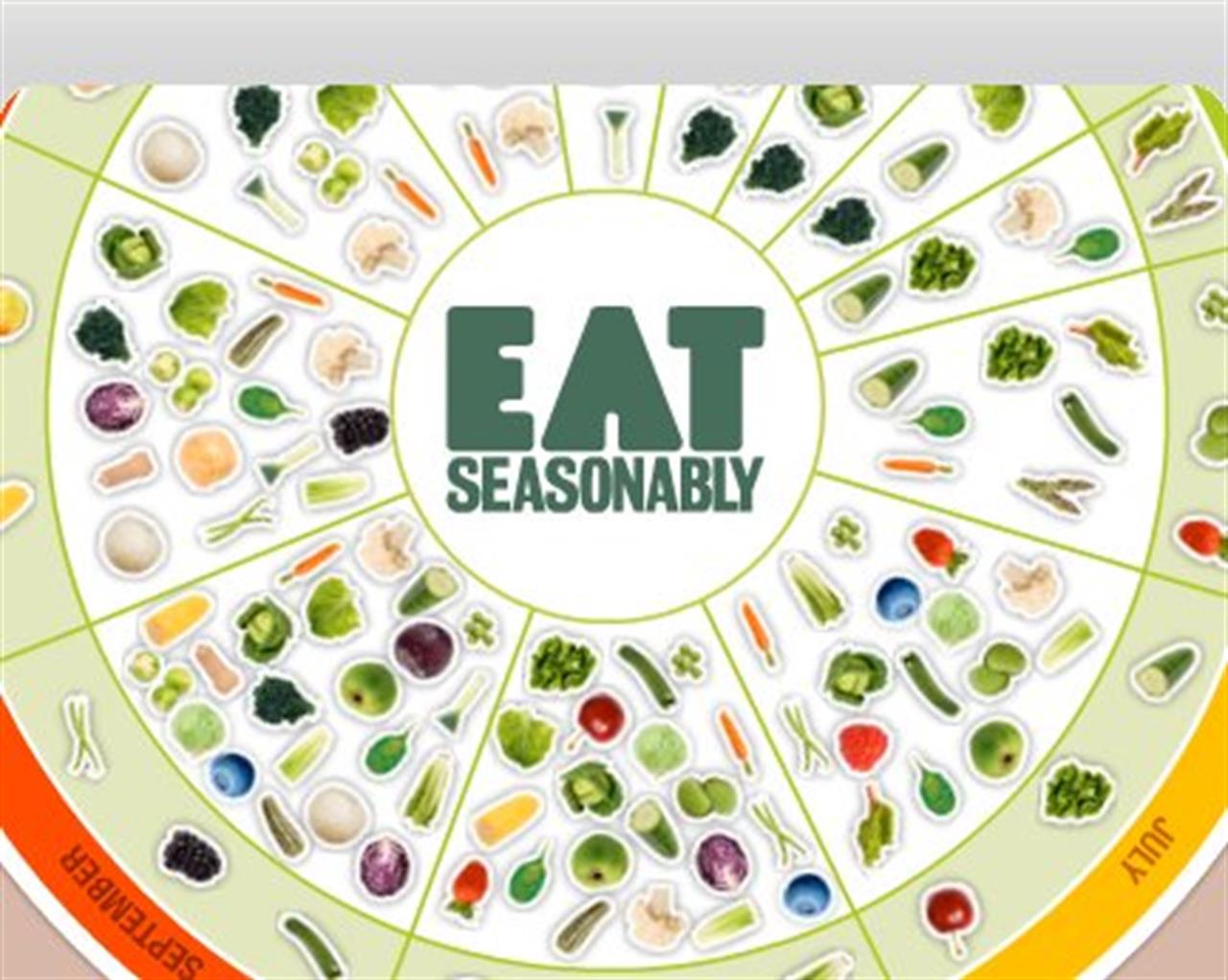Eating for a better planet
A website helps you choose what to eat and when and aims to influence the way people buy food in the UK

Chilly clear blue skies and windy days announce that the long summer is indeed over and the vegetable stalls at the market fill up with veggies we hadn’t seen in a while. Leek, broccoli, kale, potatoes, green beans, sweetcorn, cabbage and, of course, pumpkin. But did you know that by buying seasonable veggies you would be contributing to a healthier planet?
In 2009 an innovative social and environmental project called “we will if you will” set itself the goal of changing mainstream behaviour in the UK for the better. The idea was to ensure that it became normal for everyday choices – like what food to eat – to be made according to environmental principles. The project aimed to launch a series of campaigns designed to target specific environmental behaviours and lobby for policy change, starting with food.
Eat Seasonably is a campaign designed to encourage people to eat locally grown fruit and vegetables as this not only decreases the food miles associated with food but also because it ensures that food is eaten when it is in season. Why? Because about one fifth of the UK’s greenhouse gas emissions are associated with food and drink. According to Defra, which funded this campaign, eating local in season food is an accessible first step towards wider sustainable behaviour.
Making sure food is healthy doesn’t mean food can’t be fun and the website created to launch the Eat Seasonable campaign helps to make healthy food accessible to everyone through a series of interactive online tools. The Eat Seasonably calendar, for example, tells you what foods its ok to eat and when and gives a few pointers on how to cook seasonable vegetables.
Since its launch in 2009 the campaign has brought together 40 major business and civil society partners and over 100 small businesses and community organisations. The Grow Your Own movement has seen unprecedented growth and research shows that more than 30 per cent of people are now thinking about where the fruit and vegetables they buy come from while one in ten say they are growing their own vegetables for the first time. By 2010 the campaign had won the coveted Green Award and its website had received more than 400 thousand visits.
Vuoi accedere all'archivio di VITA?
Con un abbonamento annuale potrai sfogliare più di 50 numeri del nostro magazine, da gennaio 2020 ad oggi: ogni numero una storia sempre attuale. Oltre a tutti i contenuti extra come le newsletter tematiche, i podcast, le infografiche e gli approfondimenti.
